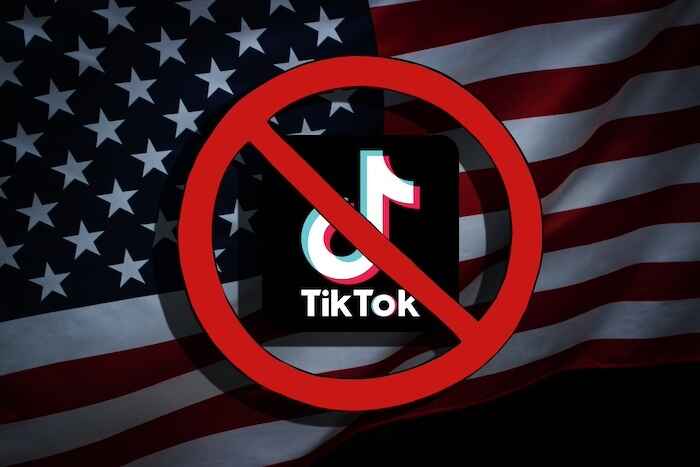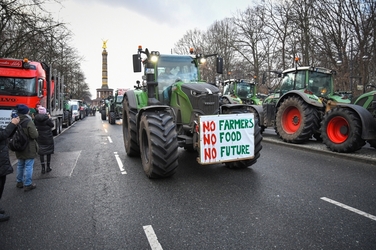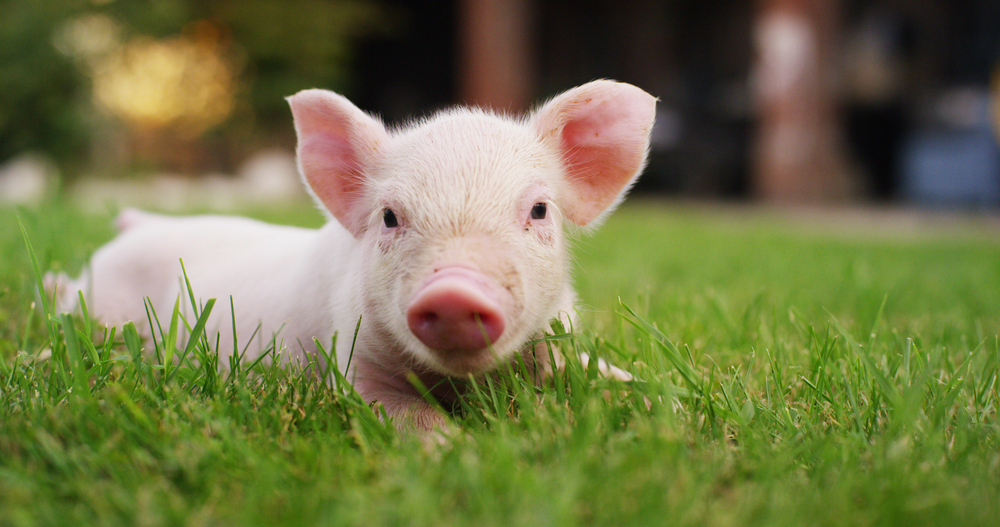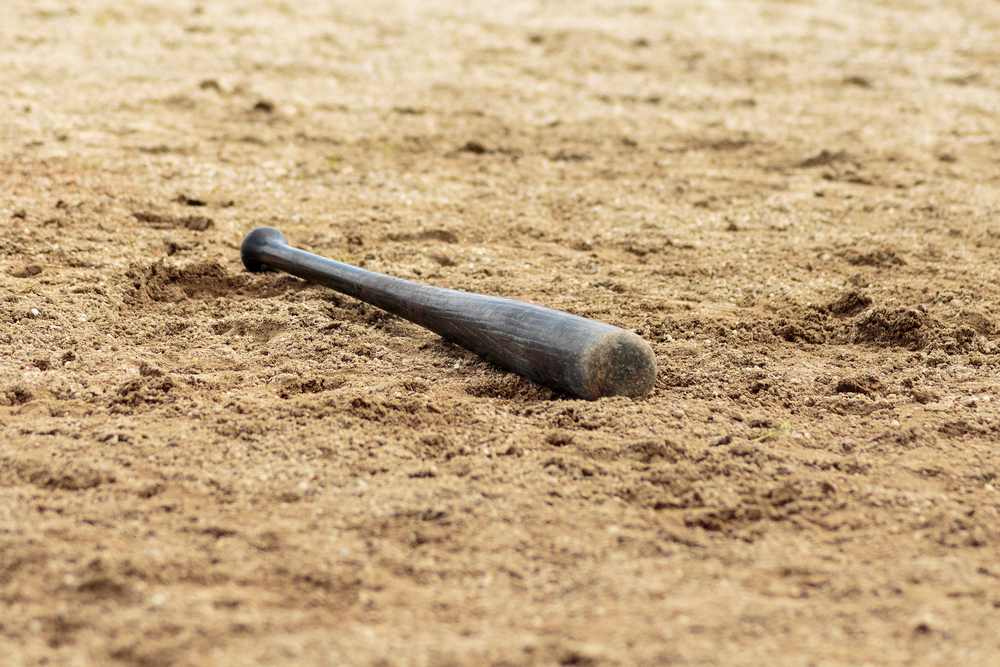Planning for an Unstable Future
Joel Salatin|December 8, 2020
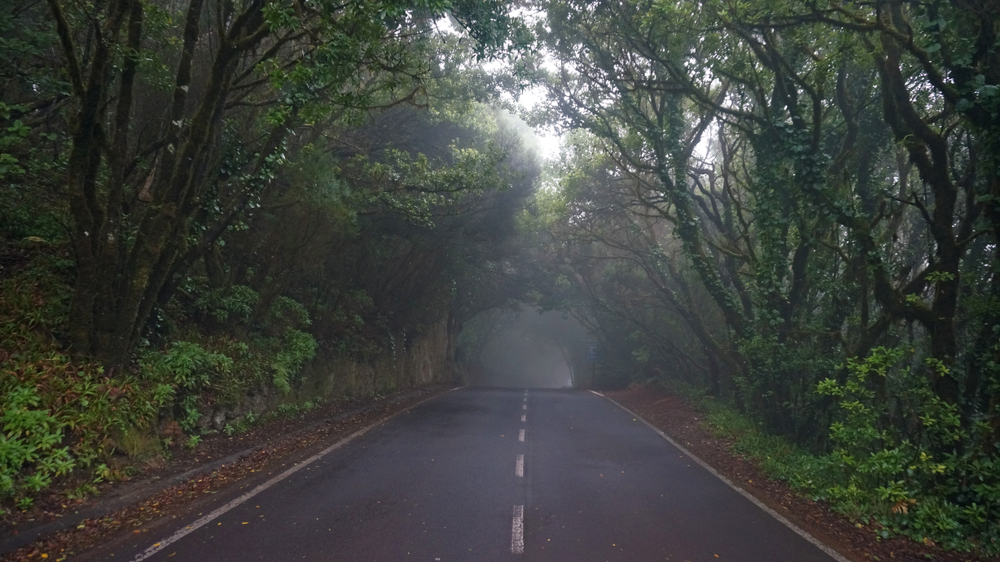
Here at the farm we’re in our two-week steward checkout period to assemble our team for next season.
These are folks who want to spend five months immersed in the farm. We had about 150 applications for spots on the team and invited about 50 to come during this checkout period.
It’s a two-day visit to live with us, work with us and eat with us to determine fit.
About 45 took us up on the invitation, and from those we’ll choose 11 for next summer’s cohort (May 1 to September 30).
Most of our visitors are between 18 and 32. Our lengthy and lingering meal discussions have given me an opportunity to hear directly from young adults how they’re thinking about our culture and the future.
Opinions on the future vary, but they all agree we are in uncertain times… perhaps an inflection point that will shape our society for a long time.
Last night the discussion turned to this: “What if the wheels fall off?”
One young lady listened for a while and then put in her thoughts…
“Rather than dwelling on what could go wrong, I’d like to dwell on what could go right. Why don’t we think about best possible outcomes rather than worst?”
That led into a lively discussion about how we plan for things.
How We Plan
I do believe we humans are hardwired for negativity more than positivity.
Notice how much easier it is to believe a negative rumor or some social media attack campaign than it is to believe a story with noble and righteous deeds and intentions.
Even when we hear of someone’s good deed, we tend to assume they had some hidden or ulterior motive.
People even disparage Mother Teresa, for goodness’ sake.
I felt my heart being tugged by this gentle admonition to think best and not worst.
By nature, I’m an optimist. Most entrepreneurs have to be optimists. By definition, an entrepreneur must see something before it exists… An entrepreneur creates something that did not exist before.
But all of us can quickly fall into despondency and even fear when things fall apart around us.
The conversation concluded with the fact that we need both offense and defense. Wisdom demands that we look at our situation from both angles. We need both bunkers and launchpads.
Building a Defense
Many of us do not see our country or even the world headed in a good direction right now.
In my defensive posture, I’m wondering what a future with mandatory vaccination in order to board a plane or enter a store could mean.
What would make me take the vaccine?
If reports about it being required for people in commerce are true, how do we live outside a buy-sell option conditioned on taking a genetically altered vaccine?
What does dropping out of society look like? Is it even possible? For sure, we’d need to be in the country and we’d need water. We’d need a piece of land big enough to grow a garden, milk a cow, raise a steer, and perhaps get in some firewood for cooking and heat.
In a techno-sophisticated country, hunkering down requires some real thought and planning. Many of us remember the kinds of gymnastics people went through preparing for Y2K. Apocalyptic thinking forces us to confront our fragilities.
Here on our farm, I’d list our three key vulnerabilities as electricity, fuel and feed (grain for omnivores).
Isn’t it prudent to strategize how to minimize those vulnerabilities?
On to Offense
That’s defense. How about offense?
Suppose we’re on the cusp of a new golden age. That the economy continues to move along and social unrest dissipates. That COVID dies out and regulations terminate.
In that case, we’d leverage innovations and try to stay current with market changes. It means the aquifers will hold, erosion will abate and the Dow will continue to climb.
This is the tension in planning.
Somehow we have to balance offense and defense. We have to carry on in real time, as if things will stay roughly the same, while at the same time preparing for catastrophe.
Today I need to pay this bill, fix this meal, run this errand, sign this document. It’s a race to keep up with the status quo. Somehow we need to build in enough financial wiggle room and time to prepare even while we stay current.
A practical example is what to do with a retirement account, that accumulating nest egg.
Current thinking assumes you want to put 15% of your earnings into that account so it will grow enough for you to live on for 20 or 30 years.
That works only if things stay roughly the same as they’ve been for decades.
But what if social unrest escalates, hyperinflation kicks in and social gathering is all but prohibited?
Where or how can you survive or thrive in such a world?
If that is where we’re headed, you’d want to take all your retirement savings and buy a piece of land in the country near folks who know how to build things, grow things and fix things.
The Search for Stability
In this essay, I don’t have answers. Teresa and I are just west of 65 and wrestling with these thoughts.
Fortunately, we live in an extremely resilient situation and will likely survive better than 95% of the population.
Perhaps that’s good enough.
But as we bury our parents and realize the stark brevity of life coupled with the disturbances exploding around us, we see that we’re constantly struggling with offensive and defensive investments. It makes us yearn for stability in our culture: social, economic, political.
Lack of stability creates a real conundrum in our thinking about the future.
How are you preparing? Share your thoughts and plans at mailbag@manwardpress.com.


